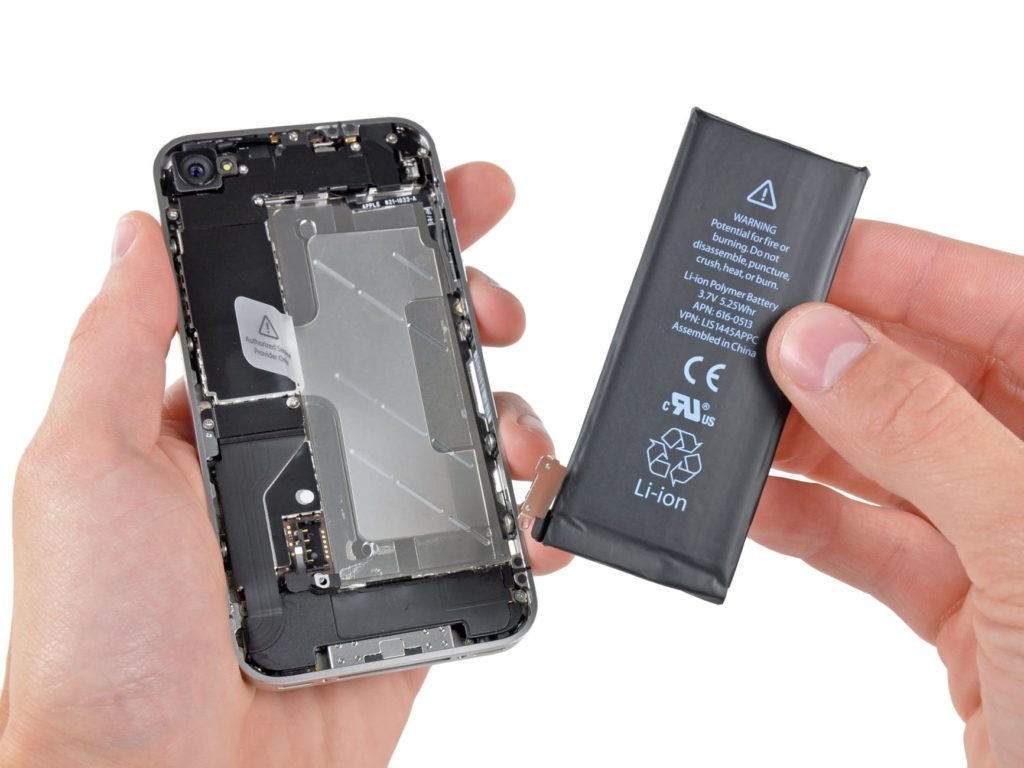
We are living in a time when despite having access to just about everything via the Internet, our trust in institutions and companies is at an all-time low. More and more consumers are leery of businesses and their promises. In Washington, D.C., trust in Congress and the President has been eroding, while “Fake News” allegations against the MNM – mainstream news media – have stuck.
We worry about the legitimacy of charity appeals, in spite of those compelling images of abused animals or starving children. And despite the openness of social media we have become skeptical of much that we encounter on Facebook, Twitter, and other platforms.
On top of that, financial and consumer credit reporting companies, along with major store brands have been hacked, causing us to fret about the security of our data and personal information – not to mention our identities. And we now know that foreign governments have gotten especially adept at manipulating posts and tweets, a topic of current debate and consternation in our nation’s capitol.
There’s no reason to think that in 2018, brands, institutions, and personalities will not be tested by the trust issue. Who do we believe? Who’s lying? And who is clumsily trying to cover it up?
As we learned last year, the biggest and best aren’t immune. In fact, the most powerful may be even more vulnerable when there’s a shard of mistrust or a major scandal brewing.
Even Apple.
Their troubles began late in the year – still in the heart of the holiday shopping season – when they revealed their iOS updates had the unintended consequence of sapping battery life. Now if you carry around an iPhone, you know that keeping them charged is an ongoing challenge, exacerbated by owning an older model. It sure seemed like battery life eroded following software updates.
And then Apple confirmed those fears. Problem is, the way in which they revealed it to the world left their intentions open to interpretation. And between Apple haters and skeptics, the revelation that updates weakened batteries sounded an awful lot like the “planned obsolescence” accusations hung on auto companies back in the ’70s and ’80s.
The outrage against Apple was palpable – online, in the media, and even in the form of class action lawsuits accusing the company of purposely making its older phones run poorly. By the time Apple got around to explaining the phenomenon – and it was a plausible explanation – the damage was already done. I believe them. But there are many other of their customers who don’t.
The newest Apple blowback comes from France, where prosecutors are now investigating the company over alleged “deception and planned obsolescence” of their products. AP News reports that similar lawsuits have been filed in Israel as well.
 Apple has made a sincere effort to rectify the situation, dropping its price of replacement batteries from $79 to $29. And yet, the outrage is there from those predisposed to hate the company, as well as loyal customers dismayed with the entire situation.
Apple has made a sincere effort to rectify the situation, dropping its price of replacement batteries from $79 to $29. And yet, the outrage is there from those predisposed to hate the company, as well as loyal customers dismayed with the entire situation.
So rather than cop a schadenfreude attitude (taking delight in Apple’s misery) or bemoaning how a favorite brand could have mishandled the situation, Apple’s woes provide a teaching moment to all brand managers about the fragility of reputation and what can be done to prevent these debacles and embarrassments from happening in the first place.
Forbes writer Davia Temin laid out an incisive series of recovery strategies for Apple in a recent article. Not surprisingly, they also apply to brands that interface with the public – including radio stations and the companies that own them.
Here’s the list – with my modifications, edits, and commentary:
1. Get ahead of problems
This is good advice, no matter the industry. As we have seen umpteen times in political and corporate scandals, the truth usually has a way of seeping out. Especially in the digital times in which we live. It’s hard to hide a problem, an eyesore, or a scandal for any length of time.
Rather than wait for someone else – the press, trolls, or even fans – to openly publicize your company’s dumpster fire, get out in front of it. The hope that it will “just go away” becomes more remote with each passing year.
2. Examine unpopular policies or practices
It’s not hard to know when a brand does something that pisses off customers – whether it’s playing too many commercials, having arcane contest rules, or jamming unwanted software updates down users’ throats.
Apple knew its updates caused angst among iPhone users, but they just come at you – constantly. Some may, in fact, be necessary to the operation and security of the device. But it would be nice to learn more specifics, as well as have the option to take a pass.
All companies have their policies that aren’t especially popular among their customer base. A key is identifying and addressing them before they mushroom into trouble OR get addressed by the competition.
3. Apologize when necessary
Sometimes, there’s no way out but to suck it up, say you’re sorry, and do what you can to fix the problem. As more and more stations jump into event marketing, unfortunate things will happen – weather, a no-show band, or not enough restrooms.
The same is true for a personality snafu of some kind. If an offended party – or most of your cume – is up in arms, getting out in front of a hot mess is smart and preventative.
Stonewalling the audience can end up as being as big a problem as not addressing it in the first place.
4. Fix it – before you’re forced to
If you have to offer a solution – make-goods, free passes to another event, or even money back for a blown promise – do it before the clamor and complaints force you to do so – and perhaps have to offer an even more expensive payback.
Better to address it on your own, rather than wait for the pushback to get so overwhelming that you have no choice.
5. Arrogance and stubbornness are never the right attitudes
Your station (or your cluster or your company) may be a huge factor in your market area or even the entire industry. But even a monster brand like Apple can feel the pain from a major fallout. How you’ve interfaced with listeners or clients up to that point is a major determinant of how they’ll react when something truly goes wrong.
I’m a believer in “trust chips.” If you’ve consistently been a good actor in your dealings with audience or advertisers, you may have the foundation for getting out of a jam. Or certainly not having the stench stay on you for too long.
 6. Connect with your customers
6. Connect with your customers
A steady line of positive communications with listeners – via social media, the email club, at events – can truly be helpful during a crisis. Same with having a dialogue with advertisers and others who interface with the station.
Social media has amplified everything – good reviews and bad ones. Lost control of a situation on Facebook or Twitter can have calamitous results for brands.
And as we’ve learned again and again in radio, this is a marketable asset, too. Stations that give the audience a seat at the table and regularly interact with them have a decided edge when things get wiggy.
7. Empower your employees to make things right
Waiting for a problem to work its way to the corner office probably means it’s been festering a while. Within limits, of course, give your people – DJs, salespeople – some latitude to offer a fix before the bleeding even starts.
As a consumer, these are the moments when you wish more airlines, car dealerships, or pay TV companies followed this practice. And of course, the same holds true with radio.
8. Listen to your staffers – they’re your early warning system
Whether it’s the receptionist at the front desk, a jock answering the studio lines, or customers at sales remotes, feedback is important. And it could alert you to the beginning of a bigger problem.
Whenever a client tells me that after a DJ firing or other potentially unpopular move, they only got “a handful of negative emails,” I always think of it like a 10x situation – probably ten times that many people share those feelings.
9. Respond to every complaint
Only the truly motivated or pissed off take the time to find your contact info on the website and dash off an angry email. That doesn’t mean hundreds – or thousands – of others aren’t just as hacked off or sad. Respect the complaints and handle them all.
Experienced programmers know that oftentimes, all an angry listener wants is to be heard – and get a logical and truthful explanation for why you made your move. It’s easy to turn around most fans.
10. Crisis manage – before the next crisis
Just as many companies have plans in place in the event of a global crisis or a local calamity, so should they have contingencies for these policy or operational problems. No brand can claim invulnerability. Everyone’s susceptible.
So planning ahead just makes sense. Who do you go to when there’s a disaster in the making – is it the PD, the GM, HR, legal, or someone at the corporate level? Are all staffers informed of the crisis chain, so that communication is clean and direct when panic begins to set in? It’s important to have a system in place, if and when things go south.
The trust bar is being raised as I write this post. Brands, managers, personalities, and CEOs will be tested. Careers and companies can be won, lost, and salvaged during these critical moments. If it can happen to a great brand like Apple, it can happen to anyone.
Trust me on this.
- Media And Technology In 2025: Believe It Or Not! - April 18, 2025
- In Radio, You Just Never Know - April 17, 2025
- The Secret To Making A Great Podcast (And Great Radio) - April 16, 2025




I will not even address my local radio stations, because my complaint is not only with the locals, I’ve observed it to be industrywide. At this stage I have almost given up listening to radio on a regular basis. Certain commercials will give a disclaimer at the end, but it is sped up so very fast that the words become unrecognizable. I understand that every radio minute is money, then clarity must be abandoned! Don’t the so-called production professionals hear the same jumble? My conclusions are that they do not have the highest regard for their listeners. That insults my listening ear every time!
Clayton, it would take a long time to explain this, but those long, jumbled disclaimers are standard fare on TV and radio. It’s an FTC thing (assuming that agency is still operating). Stations get these ads from agencies and because they’re in compliance with the law, they air. That’s not to say they’re good, but if you’re talking quality of commercials, a listen to Pandora and SiriusXM, not to mention web banner ads are almost uniformly horrible. Radio deserves its lumps, but it’s not just a radio problem. Thanks for the comment.